Supermarkets are full of tempting displays, colorful packaging, and deals that seem too good to pass up. But not everything in those aisles is worth your hard-earned cash. Some items are just a flat-out waste of money, offering convenience at the cost of value, quality, or long-term savings. If you are looking to trim your grocery bill and shop smarter, here are 15 common supermarket buys that are a huge waste of money.
1. Pre-Cut Fruits and Vegetables
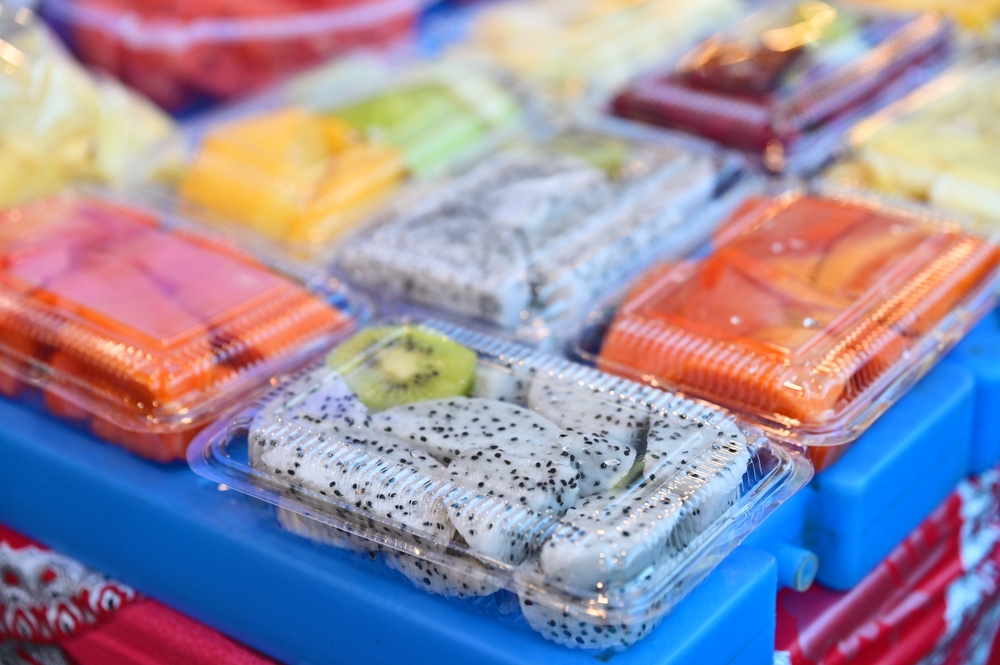
Pre-cut produce may save time, but it comes with a serious markup. You are often paying three to four times more just because someone chopped it for you. These items also spoil faster due to exposure to air, meaning you could be throwing away both food and money if they go bad before you use them. A sharp knife and a few extra minutes in the kitchen can save a lot over time. Buying whole fruits and vegetables is a much smarter investment.
2. Bottled Water

Bottled water is one of the biggest supermarket scams around. In many places, tap water is just as safe and often comes from the same sources as bottled brands. Over time, buying bottles adds up and creates unnecessary plastic waste too. A reusable water bottle and a home filter can reduce your grocery costs significantly. Unless you are in an area with unsafe water, this is a waste you can easily avoid.
3. Single-Serve Snack Packs
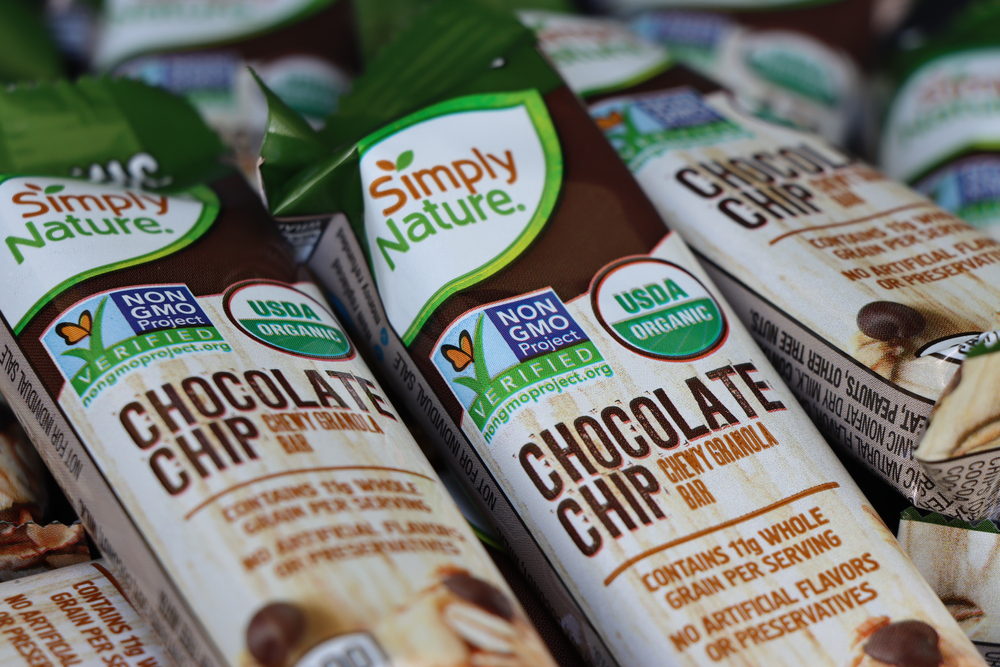
Snack-size bags of chips, cookies, or crackers may look convenient, but they cost a lot more per ounce than buying in bulk. The convenience premium adds up quickly, especially if you are packing lunches or eating them frequently. You can get the same products in larger quantities and portion them out yourself. Avoid this waste by investing in reusable containers instead.
4. Name-Brand Spices
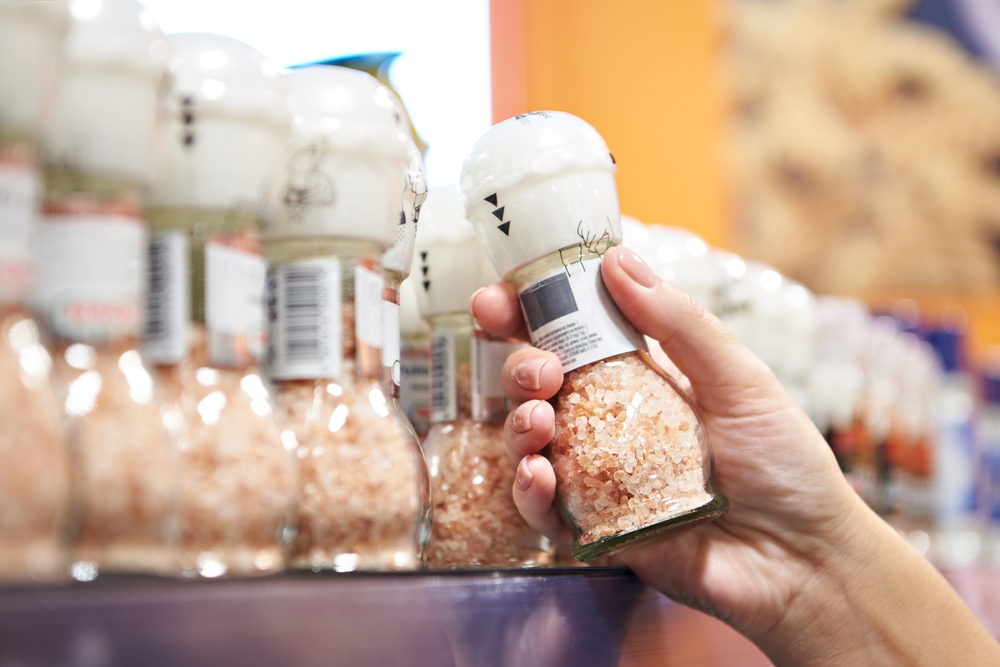
Buying name-brand spices from supermarket shelves is another big waste of money. These tiny jars can cost up to ten times more than bulk spices from ethnic markets or specialty stores. Plus, spices lose potency over time, meaning you are paying top dollar for something that might not last long. A better option is to buy only the amount you need from the bulk bins. That way, you get fresher spices at a fraction of the cost.
5. Packaged Salads
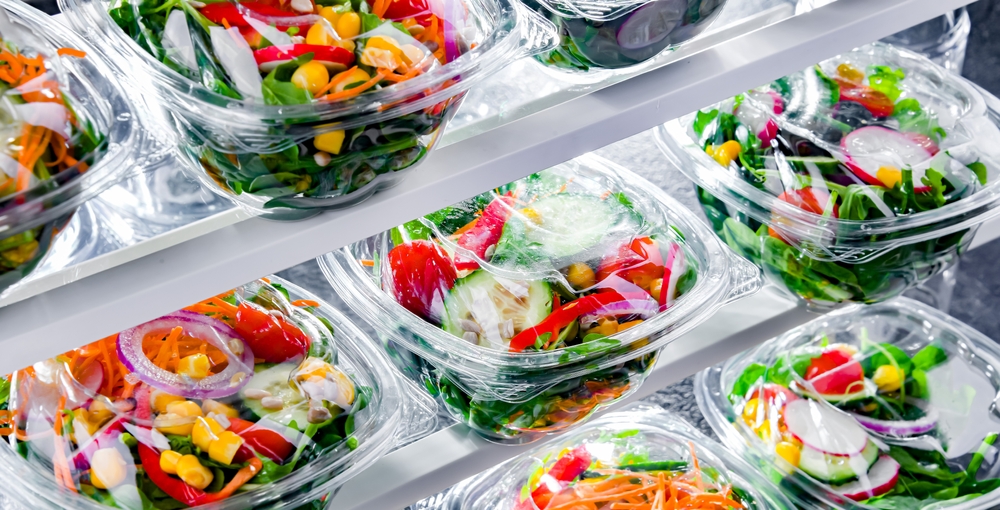
Pre-packaged salads might seem like a healthy grab-and-go option, but they often come with wilted greens and soggy toppings. They are also significantly more expensive than buying the individual ingredients. Making your own salads at home allows you to control the freshness and portion size. These kits are a waste of money and rarely deliver on taste or quality.
6. Bakery Cakes and Cupcakes
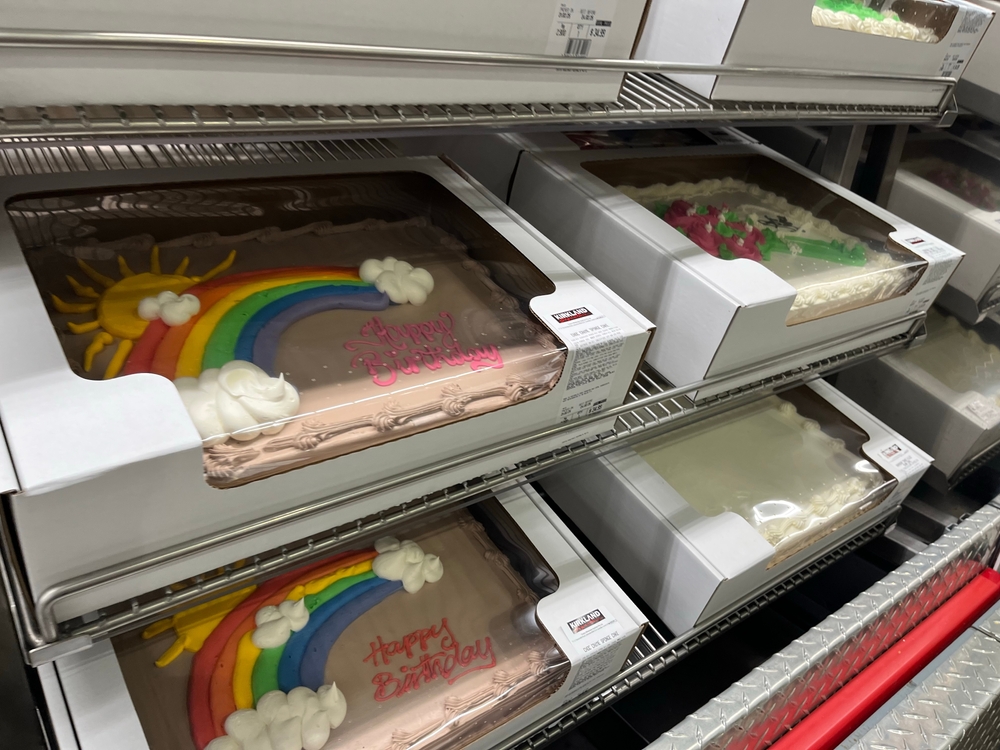
Supermarket cakes often look better than they taste. These baked goods are packed with preservatives, artificial flavors, and excessive sugar. On top of that, they come at a premium price. A homemade cake usually costs half as much and tastes better too. Store-bought desserts might be convenient, but they are a waste of your food budget.
7. Premade Sandwiches and Wraps
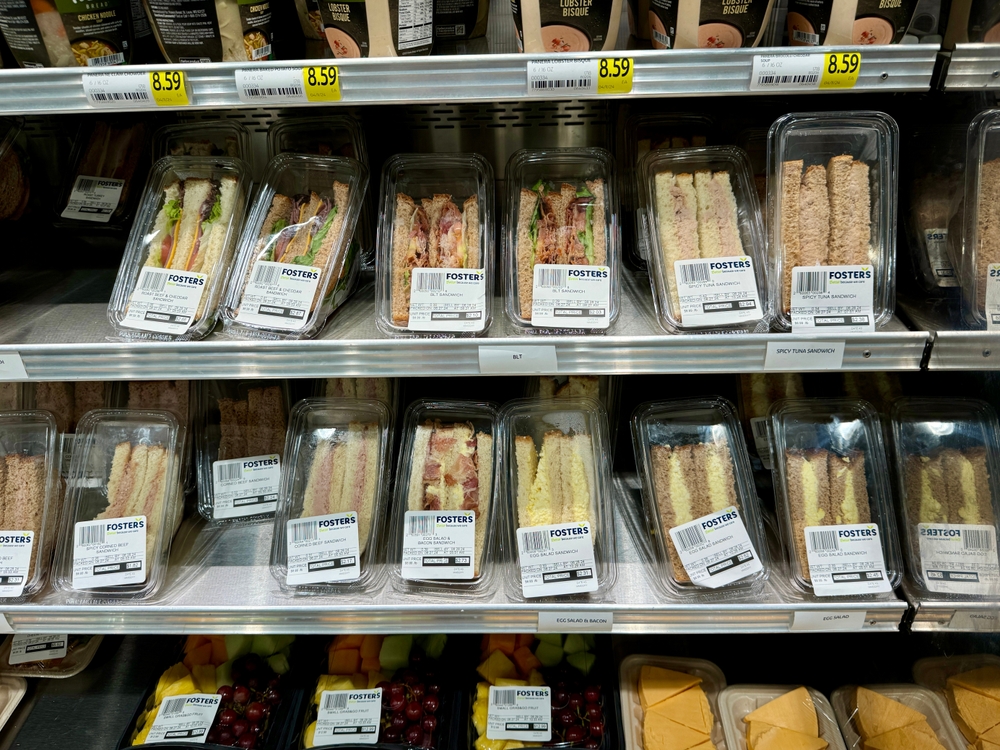
Chances are you have seen a display of premade sandwiches or wraps in the deli section. While they may seem like a quick lunch fix, they often have a short shelf life, questionable freshness, and inflated prices. Many contain low-quality meats and soggy bread. Making your own sandwich at home is faster than you think and avoids this unnecessary waste.
8. Gourmet Frozen Meals
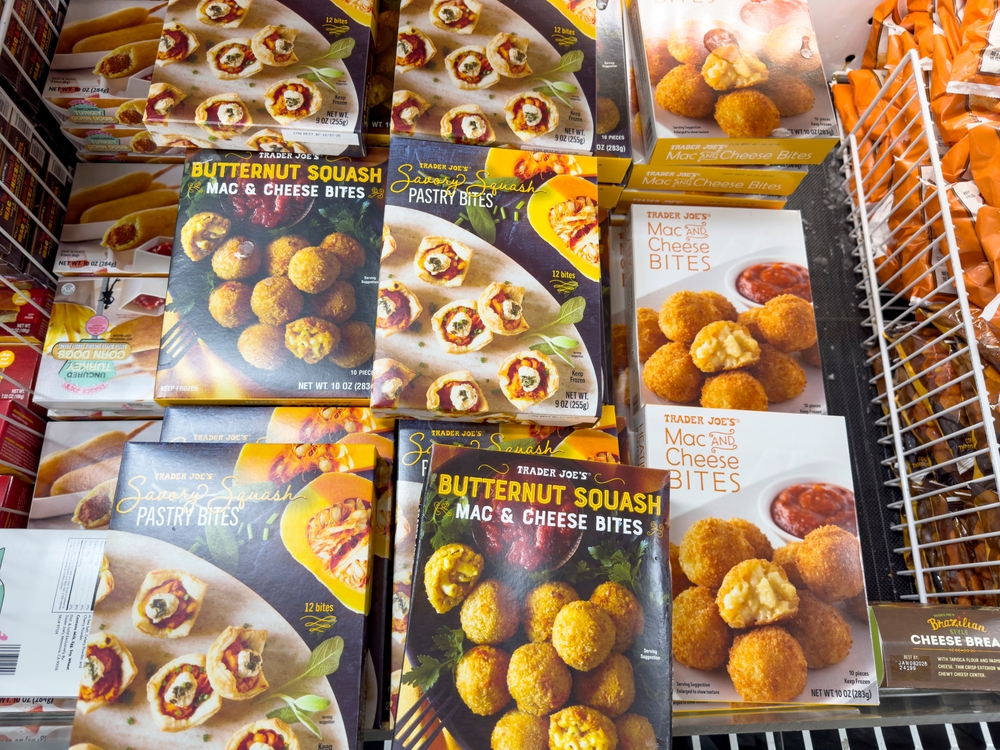
Frozen gourmet dinners promise fine dining in minutes, but they are usually overpriced and underwhelming. These meals are often high in sodium, preservatives, and lack real nutritional value. You are paying for the packaging and branding more than the food itself. Cooking a fresh dinner from scratch or batch-prepping your own frozen meals is a better use of your money. This kind of waste adds up over time without offering much value.
9. Overpriced Organic Produce
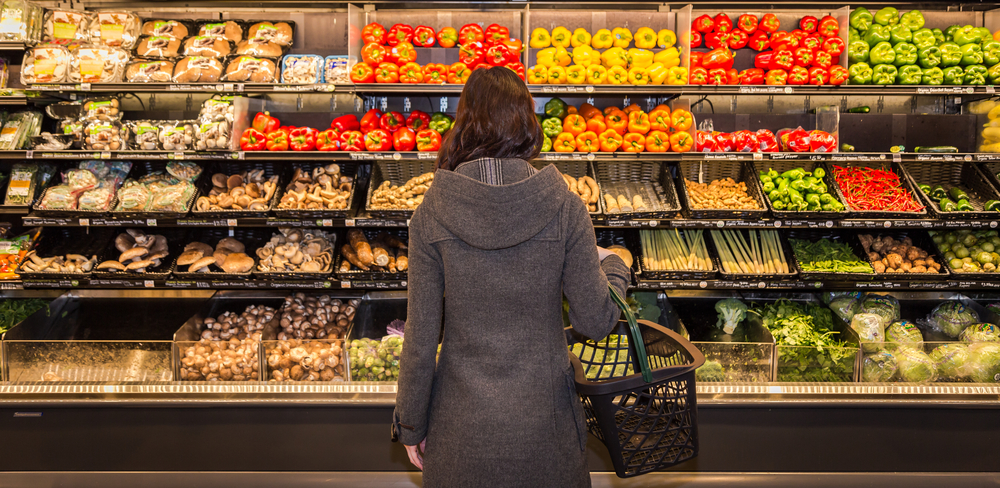
Not all organic produce is worth the premium price. Items with thick peels, like avocados, bananas, or pineapples, have minimal pesticide exposure and do not need to be organic. Supermarkets tend to mark up these items simply because of the label. When buying organic, focus on the produce that absorbs more pesticides, and skip the wasteful upcharge on items that are naturally protected.
10. Microwaveable Rice and Pasta Pouches
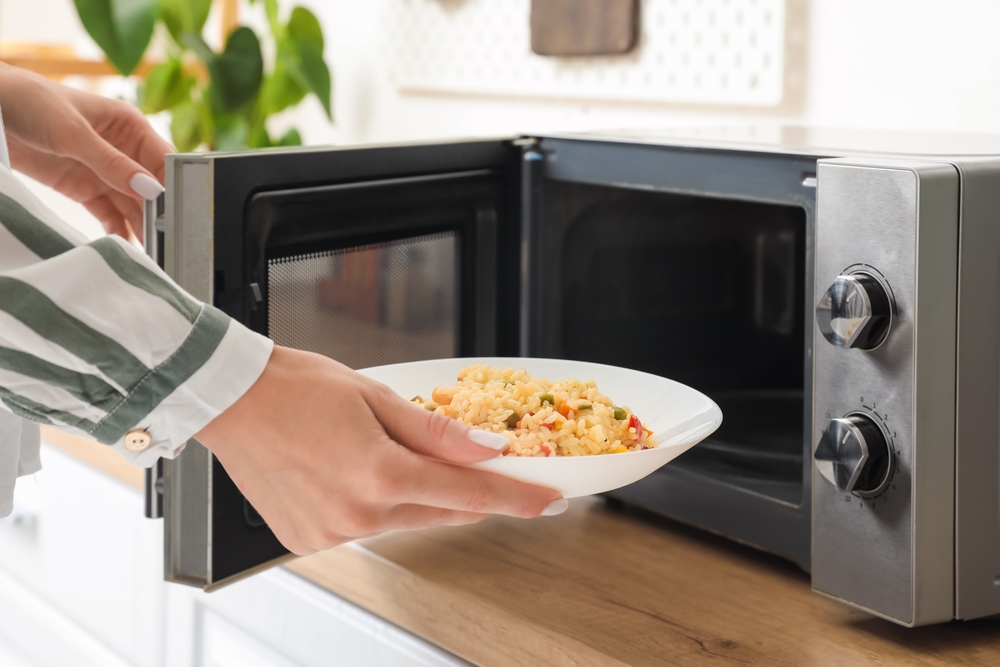
Convenient, yes, but microwaveable pouches of rice and pasta are far more expensive than the raw ingredients. Rice and pasta are among the cheapest pantry staples you can buy in bulk. These pouches cost many times more per serving and offer very little added value. With just a bit of planning, you can cook larger batches at home and avoid this ongoing waste.
11. Greeting Cards
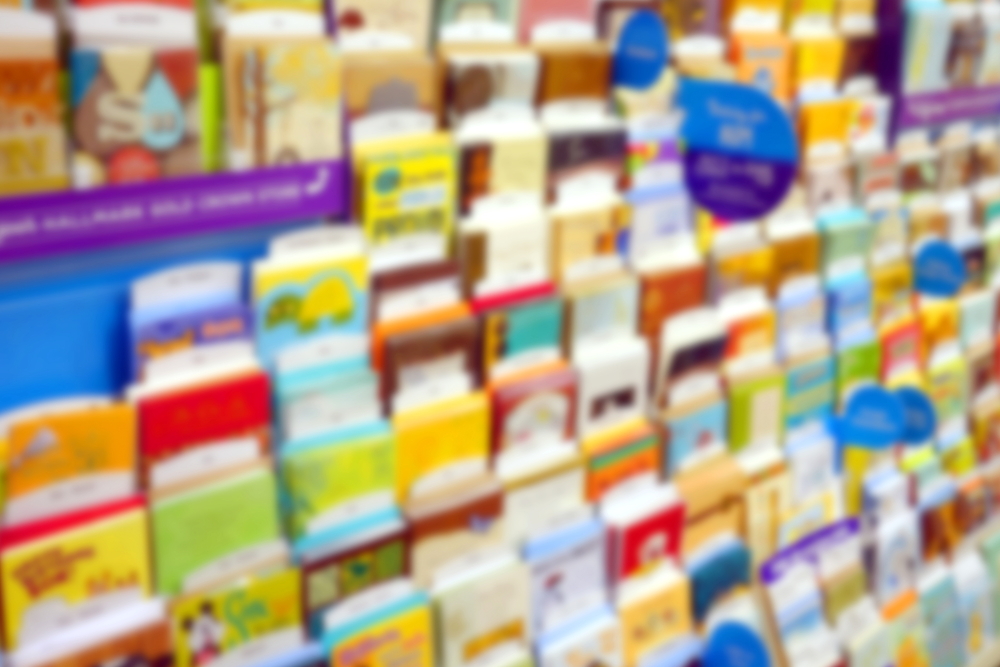
Paying several dollars for a greeting card is one of the sneakiest ways supermarkets waste your money. Most of that cost is for branding, glitter, and thick paper stock. The sentiment inside can easily be shared in a handwritten note or even a digital message. If you still prefer physical cards, buying them in multi-packs or dollar stores will drastically cut the wasteful spending.
12. Fancy Cleaning Products
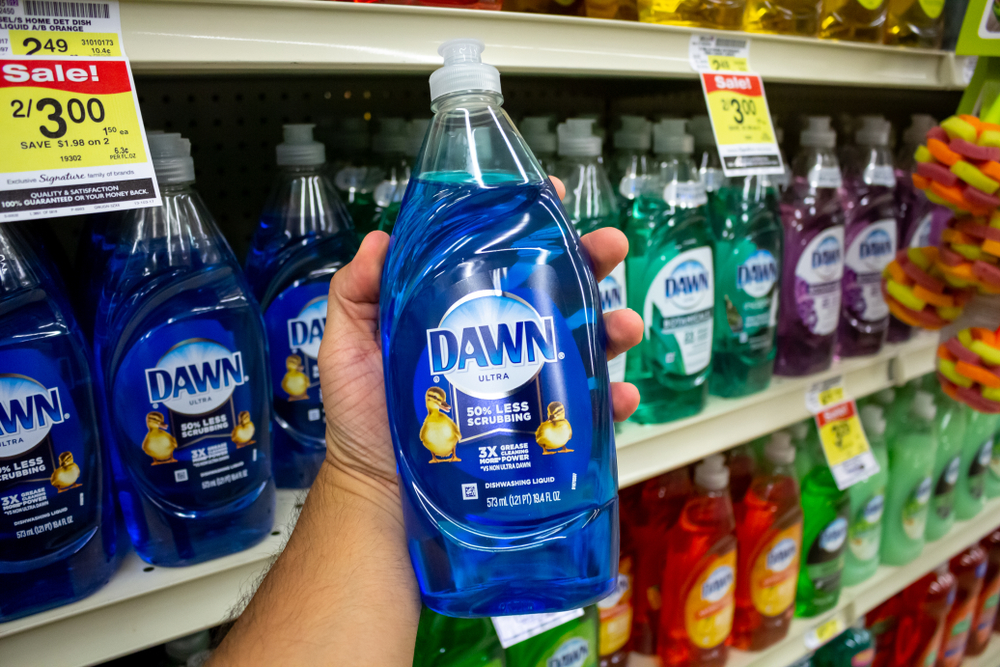
Supermarkets carry a wide array of branded cleaning products for every specific task. These specialized items often do the same job as all-purpose cleaners or DIY solutions you can make at home. White vinegar, baking soda, and dish soap can cover most household cleaning needs. Spending extra on ten different cleaners is a waste that many shoppers fall for.
13. Prepared Deli Foods
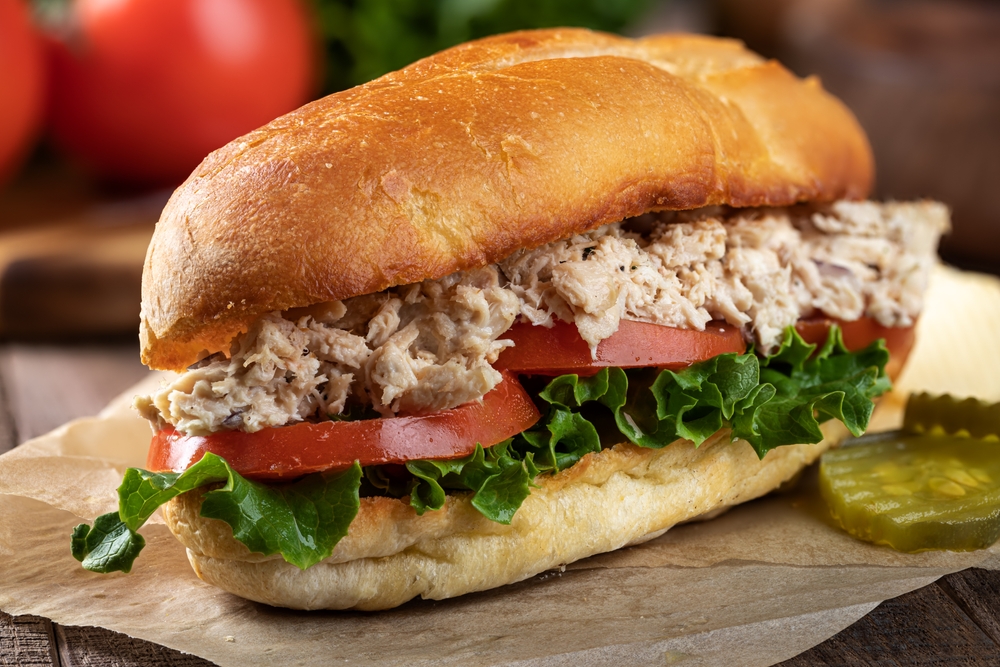
The hot food bar and deli counter often lure shoppers with ready-made meals. While convenient, these items are usually priced far above their ingredient cost. Many contain unhealthy amounts of salt and oil, and you pay more for the labor than the food. Preparing a similar meal at home costs less and tastes fresher. Over time, this deli indulgence becomes a recurring waste on your grocery bill.
14. Small Bottles of Condiments
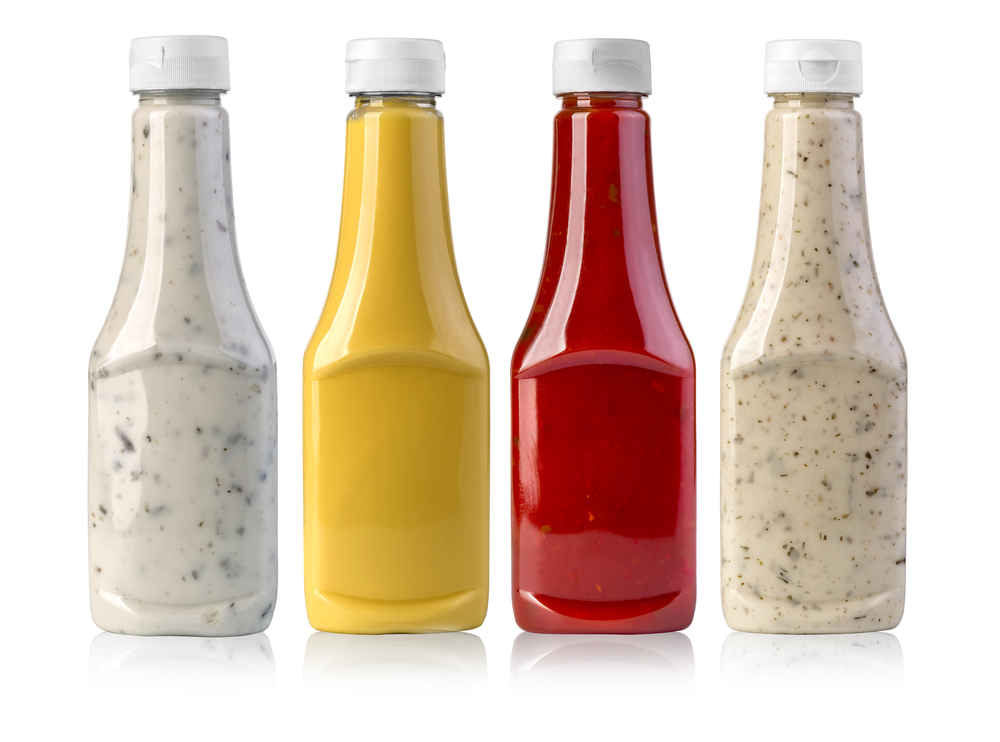
Tiny ketchup or salad dressing bottles may seem like a good option for small households, but they are a huge waste in the long run. You end up paying more per ounce and often go through them quickly. Larger containers offer much better value and reduce the number of plastic bottles you throw away. If storage space allows, it is smarter to buy the bigger bottle and skip the waste.
15. Flavored Water and Enhanced Beverages
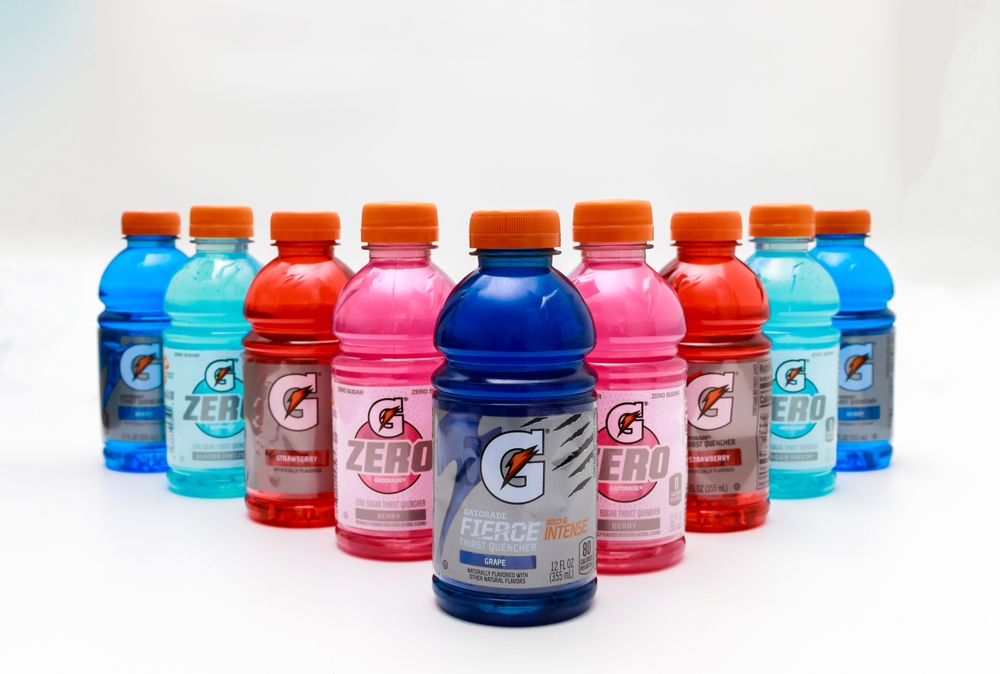
Products marketed as vitamin water, detox drinks, or flavored hydration boosters are often just sugar water with fancy labels. These drinks promise health benefits but deliver very little nutrition. You are mostly paying for packaging, sweeteners, and artificial flavors. If you want flavor, try infusing your own water with citrus, herbs, or cucumber. Avoiding this category of drinks eliminates one more form of waste at checkout.
Skip the Gimmicks and Save More
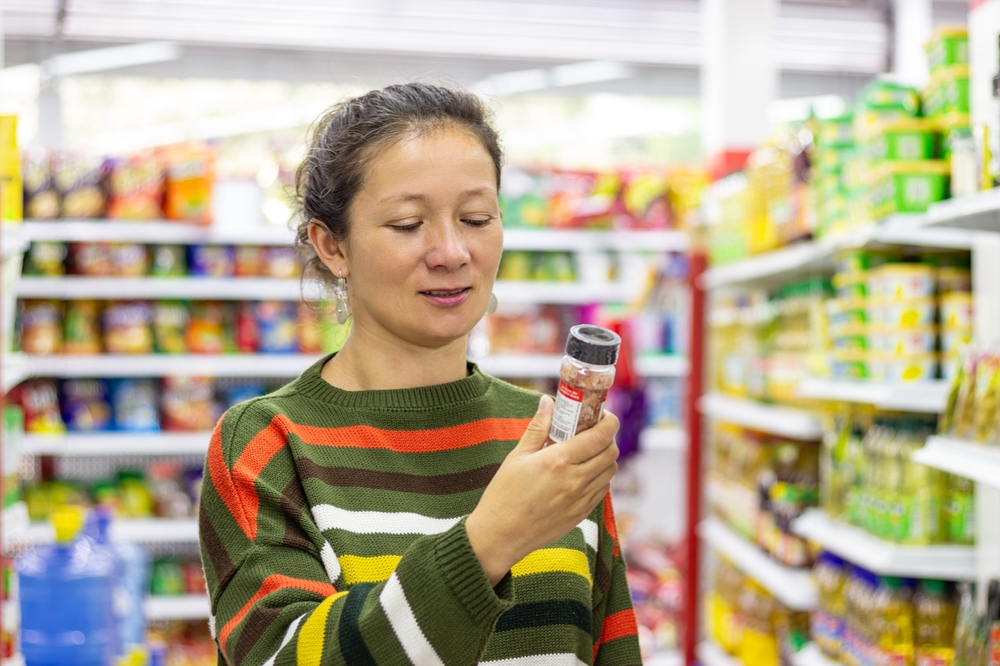
Supermarkets are designed to encourage impulse spending. Many of the products listed above may seem helpful or exciting, but they often mask poor value with convenience or clever marketing. By recognizing which items are a waste of money, you can shop more strategically and make every dollar count. Small changes like cooking from scratch, avoiding single-use items, and skipping trendy packaging can add up to big savings over time. Being mindful of where your money goes helps reduce financial waste and supports smarter consumer choices.
Read More: 15 Foods You Should Never Reheat or Store – But People Still Do It
Disclaimer: This article was created with AI assistance and edited by a human for accuracy and clarity.

